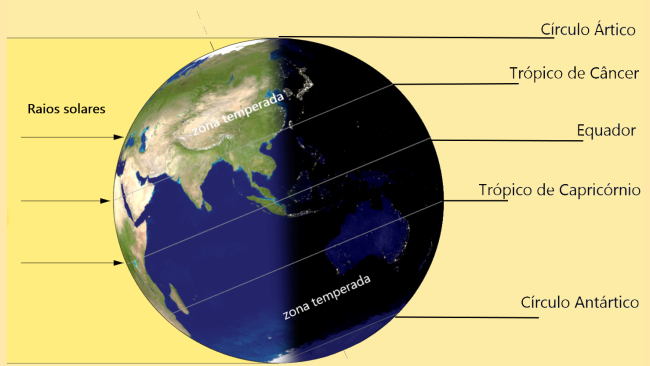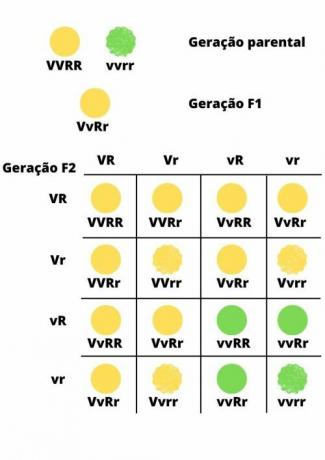Darwinism is the name given to the body of studies and theories of the British naturalist Charles Darwin (1809 - 1882), considered the "father of the Theory of Evolution".
Darwinism, or also known as Evolutionism, came up in opposition to the idea of creationism, which claims that all living creatures on Earth arose from a creation of God.
Darwinian doctrine says that environments "select" the most suitable organisms to inhabit a given place, which Darwin called "natural selection".
The species that are able or show more ease in surviving certain environments, multiply, evolve and their descendants will dominate that region. Organisms that are not able to adapt to the environment in which they are inserted will be extinct.
The ability of organisms to reproduce, according to Darwin's observations, is greater than the ability of the environment to provide favorable conditions for their livelihood, such as food and shelter, by example.
With this observation and scientific experiments, Darwin concluded that in the "eternal struggle" for survival, always there were variations between the species that provide greater ease of survival compared to the others. These factors aid in the propagation of these more adapted organisms, eliminating the weaker ones.
Learn more about the meaning of Evolutionism.
Darwinism and Neo-Darwinism
Nowadays, many naturalists speak of the neo-Darwinism as an "adaptation" of Darwin's Theory of Evolution.
Neo-Darwinism, also known as Synthetic Theory or Mutualism, emerged from the discoveries of genes and human DNA, and says that genetic mutations and natural selection function only as a means for new species of living beings to emerge in the Earth.
Social Darwinism
O Social Darwinism is a sociological thought that emerged in the late nineteenth and early twentieth centuries, which tried to explain the evolution of human society based on the theory of evolution proposed by Charles Darwin.
Filled with prejudice, social Darwinism believed that there were human societies superior to others, and that these should "dominate" the inferiors in order to "civilize" them and help them in their "development".
Pro-social Darwinism thinkers claimed that European populations, for example, had the capacity to evolution superior to the people of Africa, because of the technological and scientific revolution that was taking place in the Europe. Thus, other peoples would be conditioned to "primitive beings", not having the capacity for the progress of humanity.
This concept was widely used to try to explain poverty during the post-Industrial Revolution period. Those who remained or became poor would be the least fit in the evolutionary line, according to the social Darwinism.
See also the meaning of social evolutionism.



